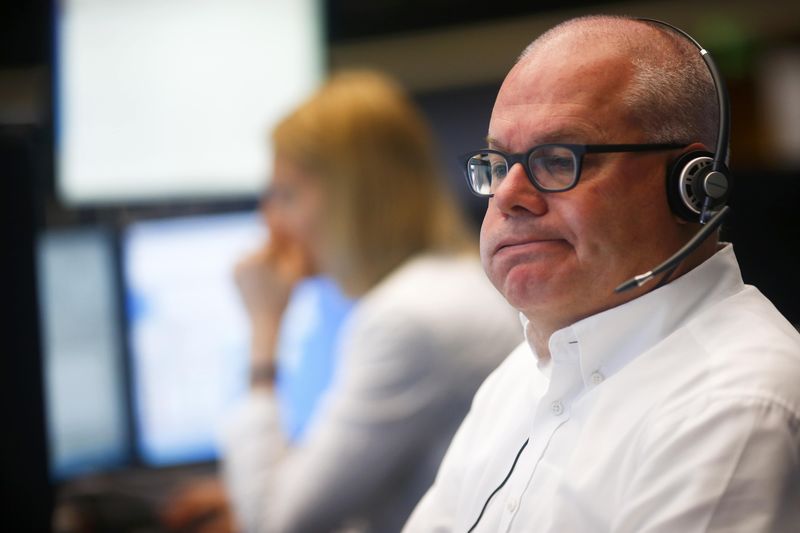Swedish automaker Volvo has abandoned its plan to sell only fully electric vehicles by 2030 as the global slowdown continues to affect the electric vehicle (EV) market.
Known for its environmental focus, Volkswagen (ETR:VOWG_p) could also shed thousands of jobs due to expected lower demand as political and regulatory pressures disrupt the zero-emission vehicle market.
Volvo, owned by China’s Geely, had been at the forefront of the EV transition, announcing in 2017 its plan to produce only all-electric or petrol-electric hybrids by the mid-2020s.
In 2021, it declared an even bolder goal to become fully electric by 2030.
Declining market
However, in a statement issued on Wednesday, the company revised its target. By 2030, Volvo now expects at least 90% of its production to be either fully electric or plug-in hybrid, with the remaining vehicles classified as 'mild hybrids' — petrol cars with energy-saving features.
The decision was made by Volvo’s chief executive Jim Rowan, who took the helm in 2022.
"We are resolute in our belief that our future is electric,” Rowan said. “However, it is clear that the transition to electrification will not be linear and customers and markets are moving at different speeds of adoption."
Volkswagen has also announced plans to “resize” its operations due to declining EV demand. Finance director Arno Antlitz said, "We are short of the sales of around 500,000 cars, the sales for around two plants...
“That has nothing to do with our products or poor sales performance. The market is simply no longer there.
"We still have a year, maybe two, to turn things around. But we have to use this time. For some time now, we have been spending more money on the brand than we are earning. That doesn’t work in the long term.”
